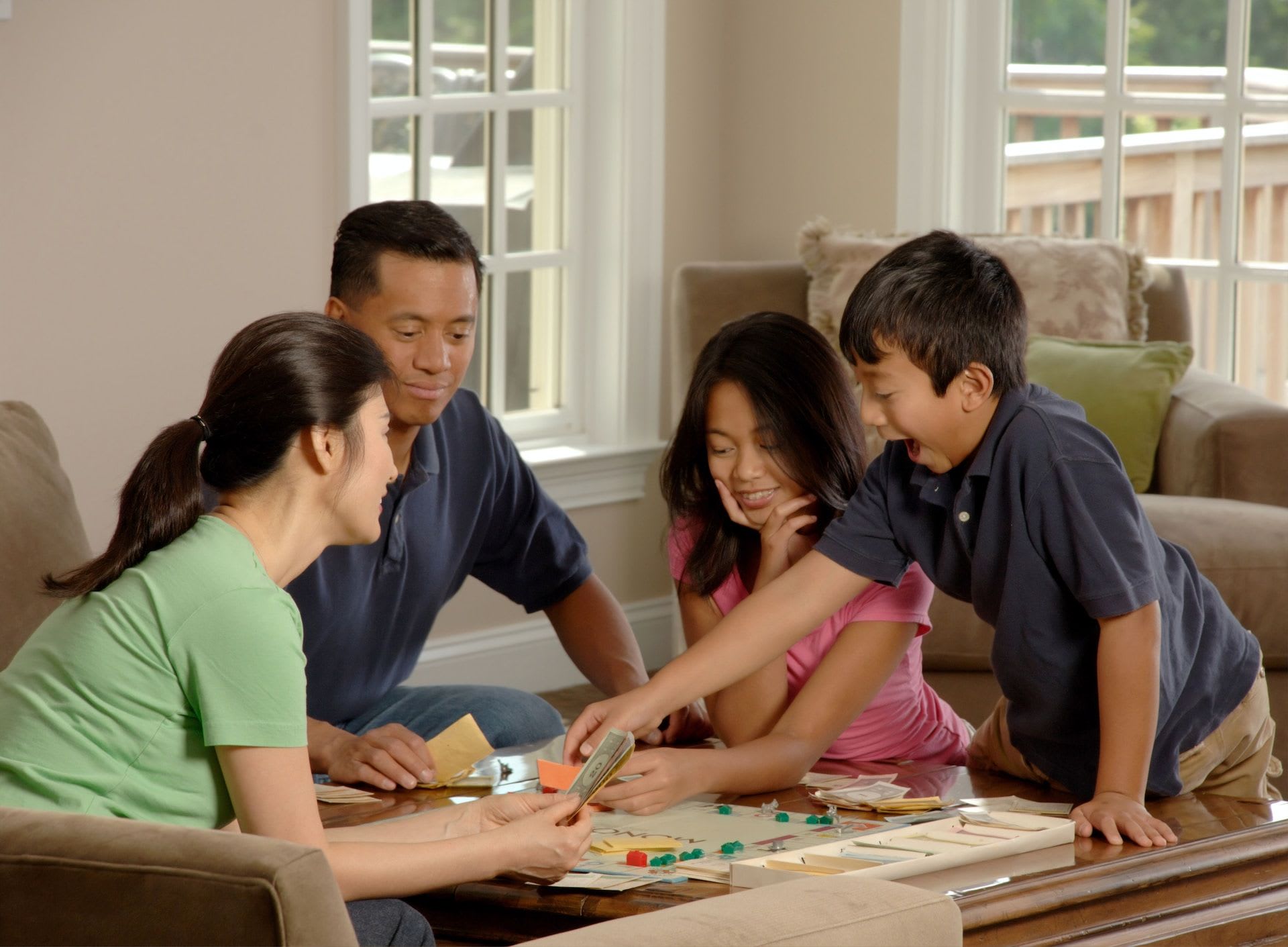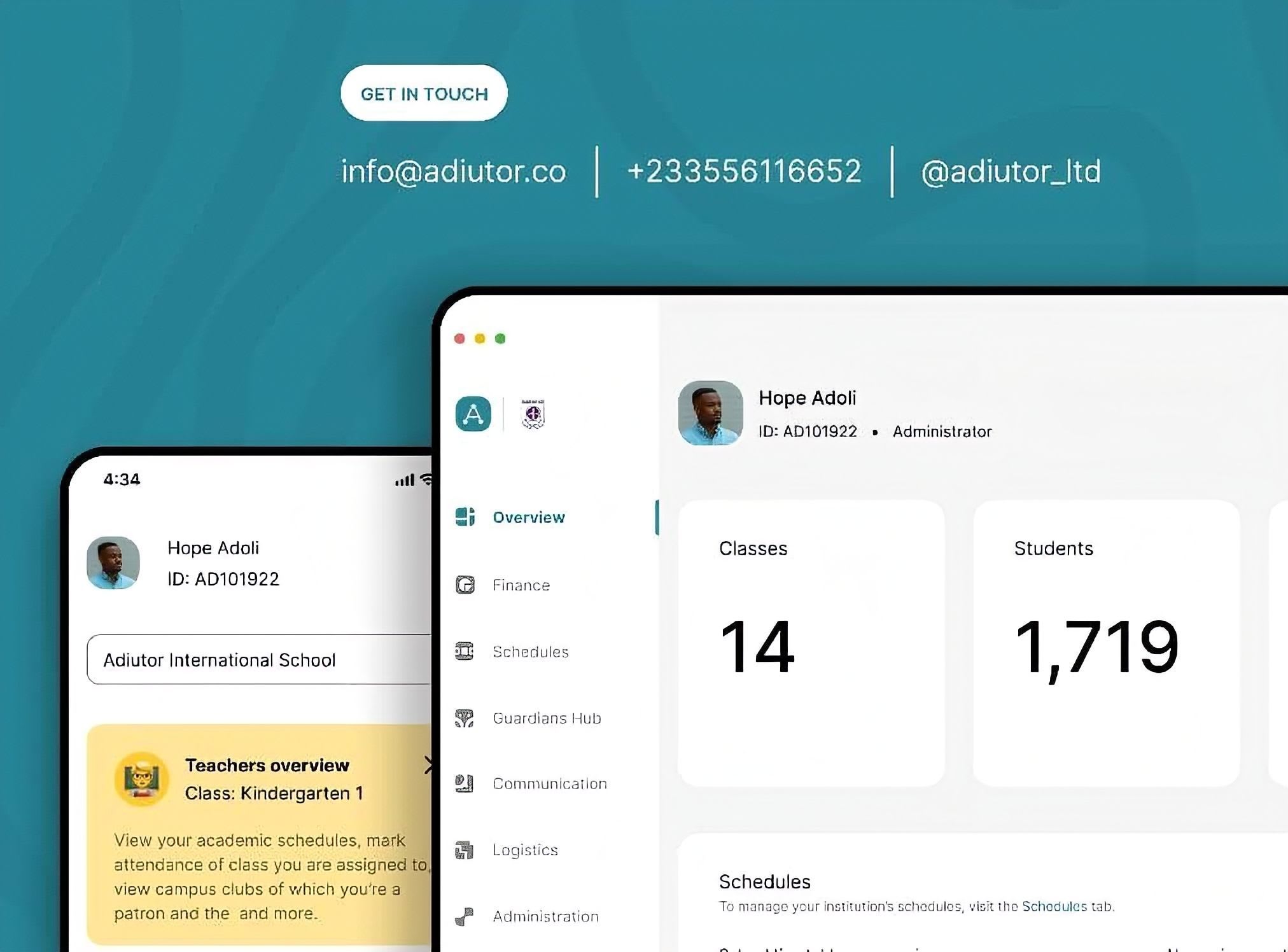The growth of cognitive abilities through leisure experiences

In recent years, there has been increasing interest in how leisure experiences can contribute to cognitive growth and development. Many studies have shown that engaging in a variety of leisure activities, from reading to playing games, can have a positive impact on cognitive abilities such as memory, attention, and problem-solving skills. In this article, we will explore how leisure experiences can promote cognitive growth and discuss some of the best leisure activities for boosting cognitive abilities.
💡 Lessons learnt: Play is one of the most potent forms of research
Cognitive Abilities and Leisure Experiences
As we age, we discover how leisure activities can provide mental stimulation and help us maintain our cognitive abilities. Research shows that the power of play has a profound effect on social engagement and personal growth. Taking the time to invest in activities designed to challenge our cognition may seem daunting at times, but it is essential for maintaining a balance between physical and mental exercise throughout life. Finding ways to better integrate active participation into recreational pursuits can lead to more rewarding experiences that also build up both intellectual capacity and emotional resilience.
Skill Acquisition and Positive Outcomes from Engaging With Leisure Programs
Leisure activities are highly beneficial to both physical and mental health. Participating in leisure programs can provide a chance for learners to gain skills outside of the educational system, explore their interests and discover hidden talents, as well as build confidence. Engaging in leisure activities encourages social interaction among participants which has the potential to create relationships where people with similar interests come together creating a stronger support system. Some leisure activities that have proven beneficial to cognitive functions are:
- Board games: Board games usually require players to think ahead and anticipate their opponent's moves. This helps to develop planning and problem-solving skills, as well as the ability to visualize and analyze complex situations.
- Reading: Reading is a great way to improve cognitive abilities, as it requires concentration, focus, and attention to detail. Reading also helps to build vocabulary and improve comprehension skills, which can in turn enhance critical thinking and problem-solving abilities.
- Learning a new language: Learning a new language requires the brain to process new information, which can help to improve memory and attention. It can also enhance cognitive flexibility and creativity, as learners must find new ways to express themselves and understand different cultural perspectives.
- Playing musical instruments: Playing musical instruments engages multiple areas of the brain, including memory, motor skills, and auditory processing. This can help to improve cognitive abilities such as memory, attention, and spatial reasoning.
- Physical exercise: Physical exercise has been shown to have a range of cognitive benefits, including improved memory, attention, and executive function. Exercise also helps to increase blood flow to the brain, which can enhance overall cognitive function.
- Painting or drawing: Painting or drawing requires a high level of attention and concentration, as well as the ability to visualize and plan complex compositions. These skills can help to improve cognitive abilities such as memory, and attention, as well as enhance creativity and imagination.
Maximizing the Potential of Cognitive Development Through Leisure
Incorporating leisure activities into your children's routine is a great way to maximize their cognitive development. With the right tasks, leisure time can be used as an opportunity to hone problem-solving skills and critical thinking. Free play activities are especially beneficial in this regard as they allow children to learn independence and self-regulation without the pressure of an academic setting. When educators or guardians actively engage with their kids during these activities, helping them discuss what they’re experiencing or reading about for example, improves communication ability and language comprehension.

Adiutor
Adiutor means "helper" - we do just that, by taking a load of your school administration and helping you focus on what matters most: the kids.
.
